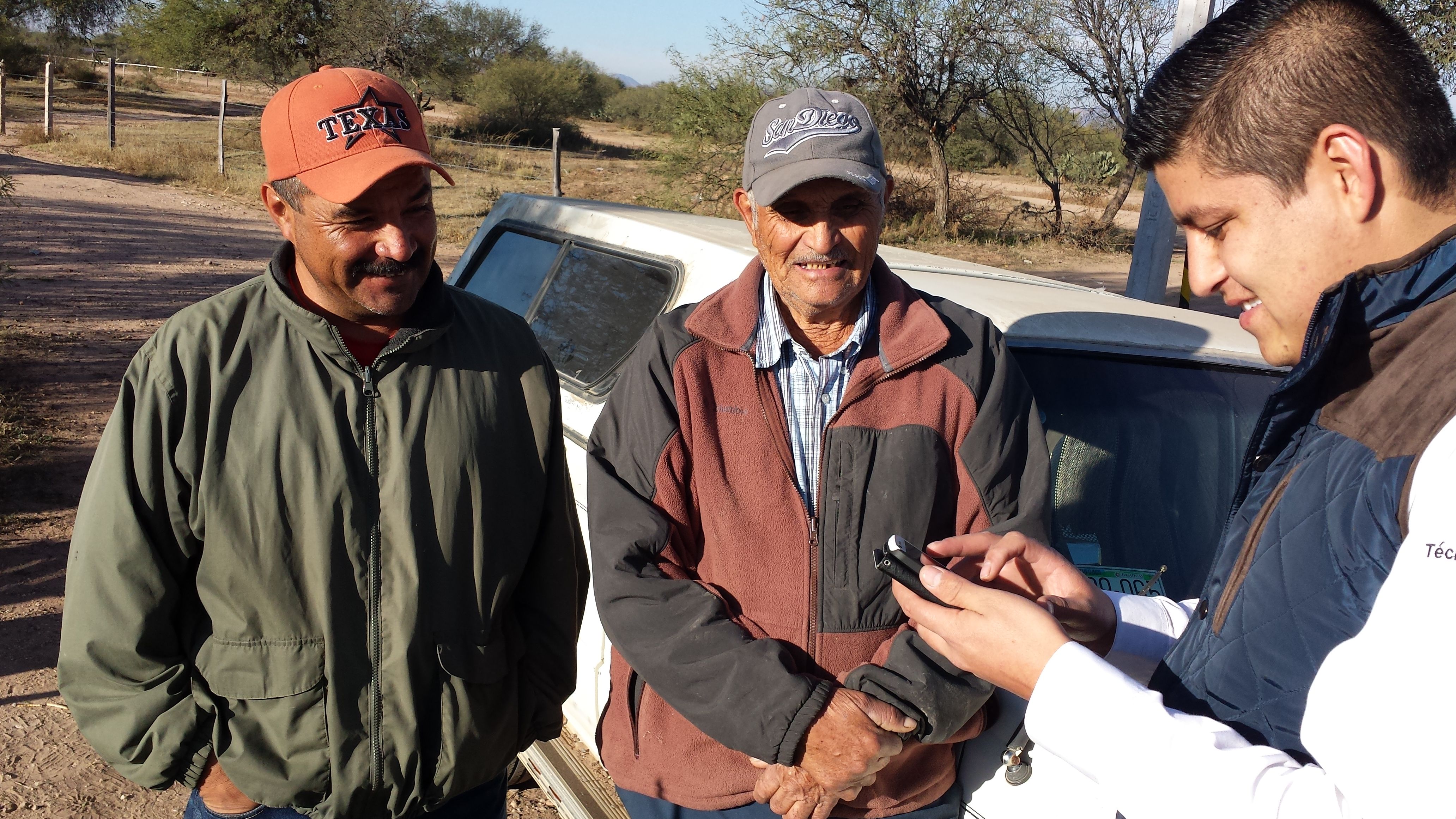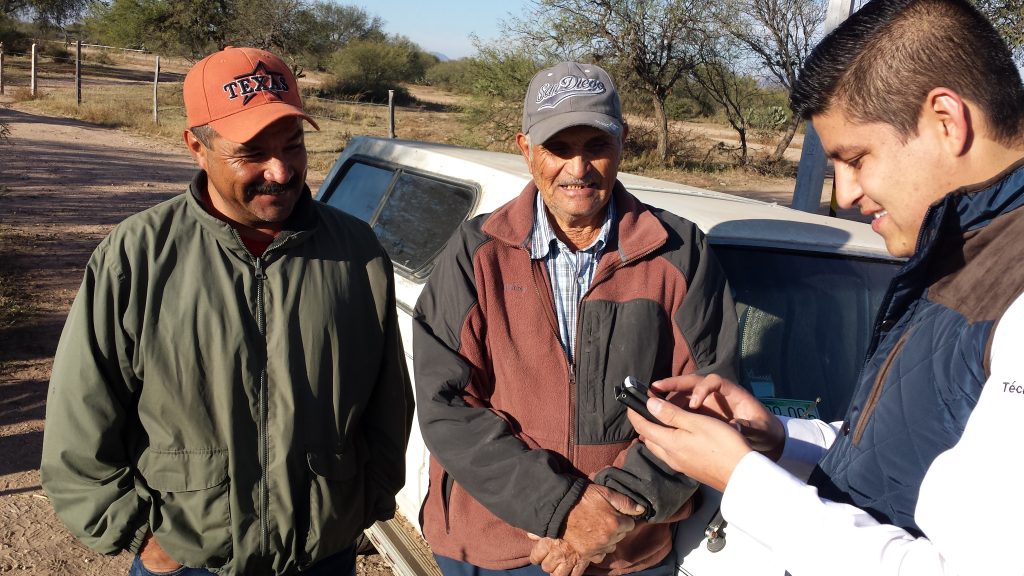 EL BATAN, Mexico (CIMMYT) — Modern data systems are essential to monitor, manage and plan actions taken by governments to achieve the Sustainable Development Goals (SDGs) by 2030, according to the Sustainable Development Solutions Network (SDSN), an advisory body to the United Nations Secretary General, and to the Thematic Research Network on Data and Statistics (TReENDS), an independent group of international experts working on data-related fields.
EL BATAN, Mexico (CIMMYT) — Modern data systems are essential to monitor, manage and plan actions taken by governments to achieve the Sustainable Development Goals (SDGs) by 2030, according to the Sustainable Development Solutions Network (SDSN), an advisory body to the United Nations Secretary General, and to the Thematic Research Network on Data and Statistics (TReENDS), an independent group of international experts working on data-related fields.
However, government officials and policy makers around the world are burdened by the challenge of finding reliable data for sustainable development planning, decision making and program design.
To overcome this obstacle public and private institutions must help governments gather, curate, produce, analyze and disseminate information for SDG planning, implementation and assessment, according to a new study by members of the SDSN TReNDS group published recently at the International Conference on Sustainable Development (ICSD).
Counting on the World: Building Modern Data Systems for Sustainable Development, to which the International Maize and Wheat Improvement Center (CIMMYT) contributed as a member of the SDSN TReNDS panel, recommends a collaborative approach based on multi-stakeholder data partnerships to develop modern statistical systems that can provide policy makers with evidence-based information for SDG work.
The report explains the types of data that are needed to plan for sustainable development and offers a roadmap to build 21st-century data systems to monitor and achieve SDGs. These modern systems are conceived to help governments prepare for and respond to different types of crises, access real-time information for effective action and administration, track progress and adjust course towards the SDGs. Study findings indicate that effective public programs will be the result of informed decision making processes assisted by high-quality, disaggregated and geo-referenced data.
To bring about a data revolution, the report urges governments to invest in education and training, enter into technical partnerships and seek technology exchanges with the private sector to develop statistical capacity. Ultimately, countries should be able to offer high quality data and statistics to public officials, researchers, entrepreneurs and interested citizens by developing such capacity.
In its final section, the report details a roadmap for urgent action that identifies the leading actors who should be responsible for implementing the recommendations and a time frame for reaching concrete results.
Read the full SDSN TReNDS report here.



 EL BATAN, Mexico (CIMMYT) — Modern data systems are essential to monitor, manage and plan actions taken by governments to achieve the Sustainable Development Goals (SDGs) by 2030, according to the Sustainable Development Solutions Network (SDSN), an advisory body to the United Nations Secretary General, and to the Thematic Research Network on Data and Statistics (TReENDS), an independent group of international experts working on data-related fields.
EL BATAN, Mexico (CIMMYT) — Modern data systems are essential to monitor, manage and plan actions taken by governments to achieve the Sustainable Development Goals (SDGs) by 2030, according to the Sustainable Development Solutions Network (SDSN), an advisory body to the United Nations Secretary General, and to the Thematic Research Network on Data and Statistics (TReENDS), an independent group of international experts working on data-related fields.